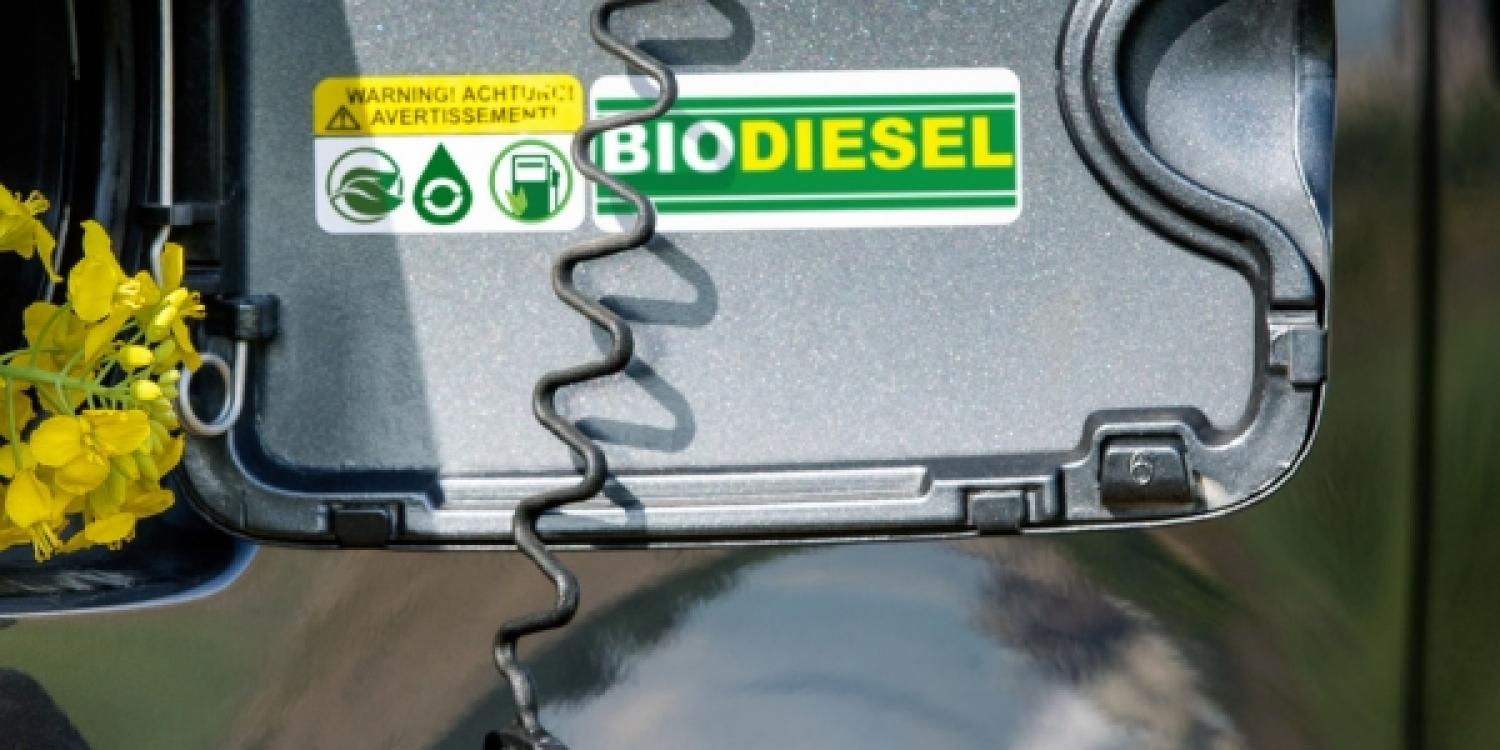Recycling used cooking oil into biodiesel

Information
Environmental and social benefits rolled into one
- Programme to recover used cooking oil and convert it to biodiesel saves resources and cuts CO2
- Social enterprise running the operation creates new jobs for disadvantaged groups
In hotel kitchens and restaurants, large quantities of used cooking oil are produced. This oil is often washed down drains and can end up polluting the environment, adding to climate change, and clogging up water bodies. But there is another way; used cooking oil is a renewable resource that can easily be recycled and substitute fossil fuels.
One initiative in Bali set out to collect used cooking oil regularly and free of charge from cooperating hotels and restaurants around the island, and especially in the most touristic areas. The collection is organised by a social enterprise, Lengis Hijau (Green Oil) created by Caritas Switzerland, Kuoni Travel Holding Ltd. and Foundation myclimate, and provides new jobs for socially disadvantaged people.
Key benefits
Apart from the benefits to the environment and the new jobs created, the oil can be processed into biofuel by a specially built plant operated by the social enterprise.
The biofuel can be used as diesel substitute for shuttle buses operated by the cooperating hotels, which saves resources and reduces CO2 emissions that can be traded in the form of emissions certificates and help to refinance the project.
myclimate Deutschland, Biodiesel aus Altöl, http://de.myclimate.org/de/klimaschutzprojekte/projekt/indonesien-abfal…
Markit environmental registry, Project specifications https://products.markit.com/br-reg/public/project.jsp?project_id=103000000001556
Lengis Hijau website http://www.lengishijau.or.id/en/lengis-hijau-project/